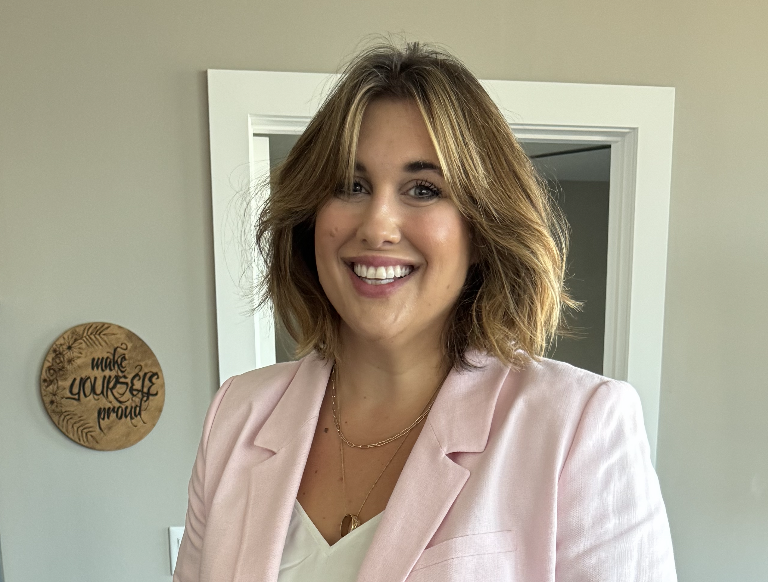Your Money | End-of-Life Planning with Gordon Severson & Brenna Galvin
Gordon Severson, host of Your Money, sat down with Maser, Amundson & Boggio attorney Brenna Galvin to discuss end-of-life planning. Gordon and Brenna covered a lot of information in the twenty-minute interview. The segment with Brenna begins at minute 6:54. Below, we have pulled out a few key steps to consider in the process, a few cautionary notes, and tips to be efficient in your own planning.
We encourage you to watch the entire segment as it covers many aspects of planning.
Key Steps for End-of-Life Planning
- Consult with an Experienced Planner: Sit down with an elder law attorney who focuses on end-of-life planning so they can help prepare necessary estate planning documents and advise on their use based on your needs, wishes, and what matters most to you.
- Build Your Team: Form a personal board of directors, including an elder law attorney, financial planner, CPA, trusted family members, friends, and care providers. Ensure all team members are aware of your wishes and plans.
- Have “The Talk” with Loved Ones: Communicate your end-of-life plans and wishes with your family members. Ensure your loved ones know where to find important documents when needed.
- Regular Annual Review: Schedule regular reviews of your end-of-life plan to make any necessary updates or changes.
- Will: A will is a legal document outlining the distribution of assets and property after death. Work with a professional to create a personalized will that reflects your needs, wishes, and values. Remember, wills do not necessarily avoid probate.
- Health Care Directive: Create a health care directive to outline personal well-being choices and preferences for end-of-life care. Specify preferences for burial, cremation, or other arrangements for your remains.
- Living Trust: Consider setting up a revocable trust (living trust) to manage assets during different stages of life. Designate a trustee to manage the trust in case of incapacity and for post-death asset distribution. A living trust can help avoid probate and provide clarity to survivors.
- Ensure Beneficiary Protection: Determine the reason for creating a trust for your beneficiaries, such as protecting beneficiaries who are minors, have disabilities, or need financial management assistance, ensuring their financial well-being, and preserving assets for their benefit.
- Consider Tax Implications: Evaluate potential estate and income tax implications and structure the trust to minimize taxes within legal boundaries.
- Plan for Special Needs: If a beneficiary has special needs, consider setting up a third-party Special Needs Trust, known as a Supplemental Needs Trust in Minnesota, to ensure they continue to receive government benefits without jeopardizing their eligibility.
- Review and Update Regularly: Regularly review and update legal documents, beneficiary designations, and account ownership to reflect life changes, such as marriages, divorces, births, deaths, or health diagnoses.
Cautionary Notes
- Ensure all documents are legally binding and up to date.
- Keep all important documents in a secure and easily accessible location.
- Review and update your end-of-life plan as needed, especially after major life events.
- Failure to update legal documents and beneficiary designations can lead to unintended consequences in asset distribution.
- Lack of proper planning may result in costly court involvement, delays in estate administration, and disputes among survivors.
- Inadequate consideration of tax implications can lead to higher tax liabilities for beneficiaries or the estate.
Tips for Efficiency
- Work closely with professionals who understand your unique needs and values.
- Communicate openly and regularly with your team members and loved ones.
- Stay organized by keeping all documents and information in one central location for easy reference.
- Regularly review and update estate planning documents at least once a year to account for any life changes.
- Seek guidance from a trusted professional to ensure coordination between legal documents and beneficiary designations.
- Consider seeking legal advice for complex estate planning scenarios, especially when dealing with tax implications and special needs beneficiaries.



